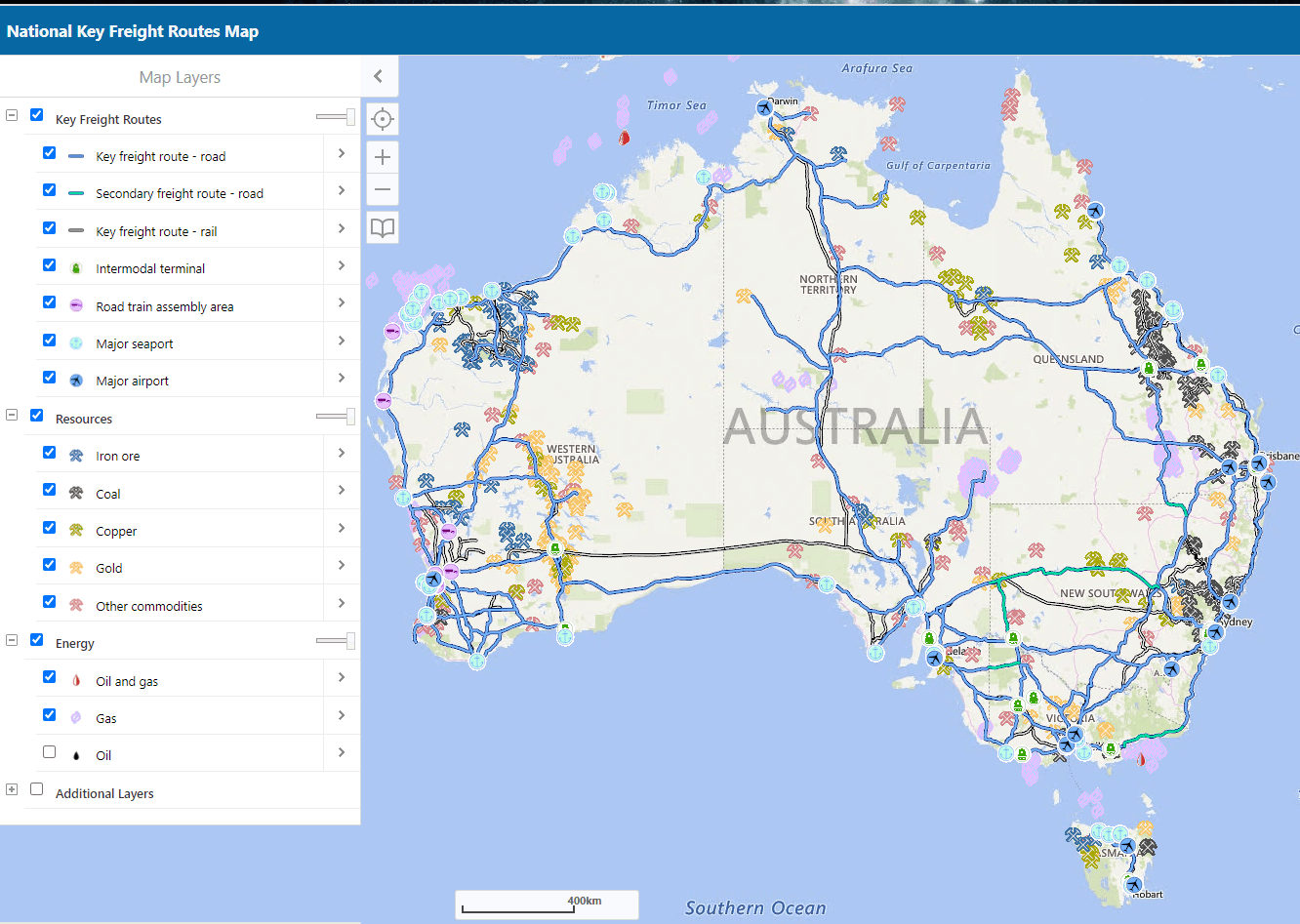The Australia freight and logistics industry is vital to ensuring that the nation’s energy and agricultural resources are accessible. Dependent on Australian freight and supply chains networks, the ability to harness the natural resources and agricultural crops is based on the infrastructure of the freight networks and the reliability of the logistics operators. Essential to Australia’s national economy, the freight and logistics industry factors 8.6% of the Gross Domestic Product. It is vital that sustainable, efficient and cost-effective solutions for Australian freight and supply chains are implemented for the smooth functioning of the growing economy.
The National Freight and Supply Chain Strategy has been developed to increase the productivity and efficiencies of Australia freight and supply chains. Australia as a nation is very tuned into to the global economy with steady import and exports through not just ocean shipping freight by also air as well for the transport of bulk commodities and cargo goods. As shown below, in the Nation key freight routes map, it can be seen how Australia freight and supply chains are connected with major ports, airports, intermodal terminals and more that act as freight nodes which are thereafter connected to road, rail, air, and ocean shipping modes.

The freight network in question has had many challenges, as the government needs to streamline the processes and functions for an integrated network and appropriate infrastructure. For more insight into the infrastructure for Australia freight and supply chains, please refer to the Australian Government Department of Infrastructure, Transport, Regional Development and Communications website.
Image:GetINDUSTRY

